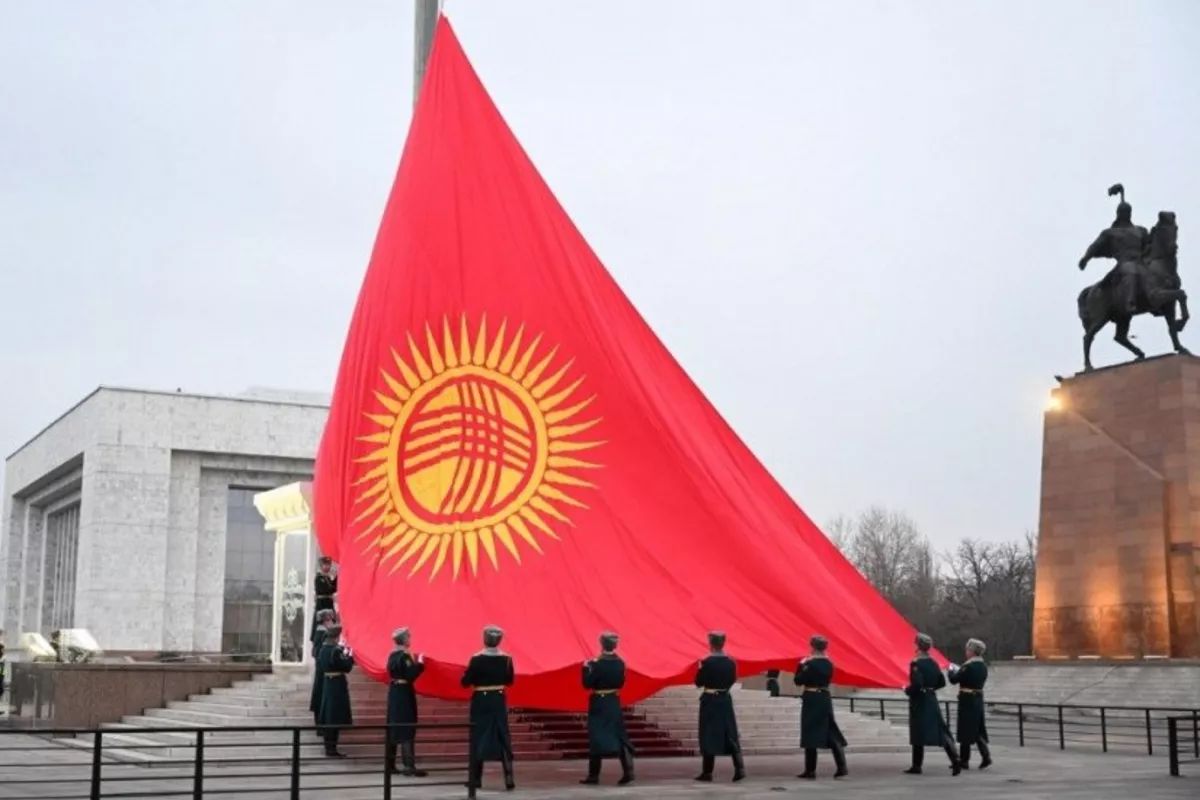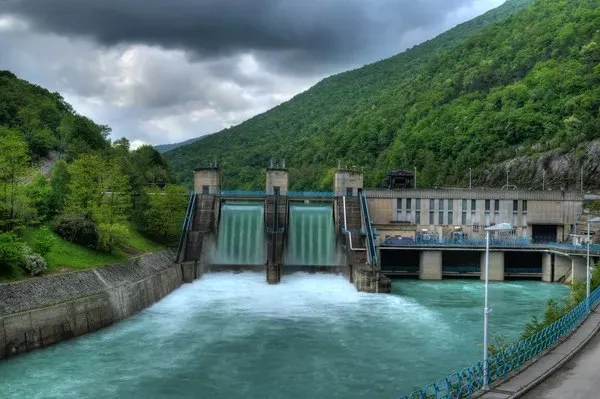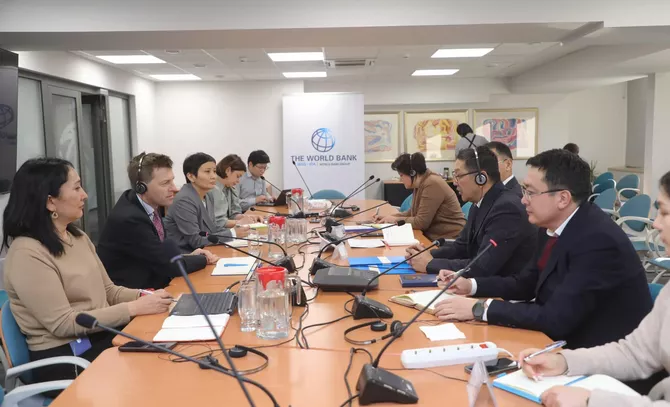
photo: iacis.ru
Kyrgyzstan secures over $6 billion in foreign investments to expand energy capacity, modernize infrastructure, and boost regional exports.
In recent months, Kyrgyzstan has seen a remarkable influx of foreign investment, signaling a potential turning point for the country’s economy and energy security. The most striking development came on September 18, when the Eurasian Development Bank (EDB) and Türkiye’s ORTA ASYA Investment Holding, a subsidiary of Ihlas Holding, announced a strategic partnership to launch large-scale hydropower projects across Kyrgyzstan.

photo: The Times of Central Asia
At the heart of this partnership is the construction of the Suusamyr-Kokomerensk hydropower cascade and the Kazarman hydropower projects. These ambitious ventures, supported by an investment agreement between ORTA ASYA Investment Holding and Kyrgyzstan’s Ministry of Energy, are expected to attract more than $6 billion in total funding. Once completed, the new hydropower plants will more than double Kyrgyzstan’s installed generation capacity. This expansion will not only meet the country’s growing domestic demand but also create conditions to export surplus electricity to neighboring states, strengthening Kyrgyzstan’s role in the regional energy market.
The Suusamyr-Kokomerensk project is part of the EDB’s flagship initiative, the “Central Asian Water and Energy Complex,” one of three mega-programs under the bank’s 2022-2026 strategy, alongside the “Eurasian Transport Framework” and the “Eurasian Trade Network.” This strategic alignment demonstrates how infrastructure development is increasingly viewed through a regional, cross-border lens.
For ORTA ASYA Investment Holding, these projects represent more than just business expansion. The Turkish company has taken on a long-term commitment to modernize the energy sector across the Turkic States, with Kyrgyzstan as a priority. Under the terms of the contract signed last month, ORTA ASYA will operate the hydropower facilities for 20 years before transferring ownership to Bishkek. The company will purchase the electricity produced, making payments in foreign currency-a step that will bolster Kyrgyzstan’s foreign exchange reserves.
But the agreement goes beyond pure economics. It includes strong social obligations: the company has pledged to support thousands of orphans financially, provide 1% of the energy produced free of charge to nearby communities, and allocate $3.2 million annually to government programs for infrastructure modernization and energy sector education. Notably, the partnership will also contribute to the healthcare sector through the establishment of a neonatal unit in Kyrgyzstan, complete with modern equipment and training programs for local medical professionals led by Turkish experts.
September 2025 has proven to be a particularly fruitful month for Kyrgyzstan’s international investment landscape. On September 10, the country’s parliament, the Jogorku Kenesh, approved in the first reading two draft laws ratifying agreements with the European Bank for Reconstruction and Development (EBRD) and its Special Shareholders’ Fund. These agreements include a €750,000 grant to improve water supply systems in villages in the Osh region. Soon after, the Osh city government signed another agreement with the EBRD for the delivery of electric buses and the construction of new trolleybus lines, while also exploring ambitious infrastructure projects such as flyover bridges, bypass roads, and the “Green City” initiative.

photo: Kabar
Simultaneously, Kyrgyzstan’s Ministry of Finance held discussions with the World Bank’s Regional Office for Central Asia, focusing on a $101.5 million program loan scheduled for 2025 and further funding in 2026. Key topics included financing for the strategically vital Kambar-Ata HPP-1, a cornerstone of the country’s energy security strategy.
International partnerships are expanding beyond energy and transportation. Discussions with the Japan International Cooperation Agency (JICA) in September included plans to construct a training center for Kyrgyzstan’s National Energy System and modernize the Kurpsai HPP. Meanwhile, the parliament ratified a grant agreement with the Kuwait Fund for Arab Economic Development to finance feasibility studies and preliminary designs for water supply and sewage projects in rural areas.
Education has also benefited from this surge of foreign interest. An agreement with Saudi Arabia’s Development Fund will finance the second phase of a major school construction project, covering five new schools and seven additional buildings in Bishkek, as well as two schools in the Chui region.
These developments highlight a clear trajectory: Kyrgyzstan is becoming an increasingly attractive destination for foreign capital. In just one month, the country has secured significant investments from Türkiye, the European Union, the World Bank, Japan, Kuwait, and Saudi Arabia. This surge of activity reflects a growing confidence in Kyrgyzstan’s political and economic stability, as well as its strategic importance in Central Asia.
If Bishkek continues to foster a favorable investment climate, the benefits could be transformative. Expanded energy capacity, modernized infrastructure, and social development programs have the potential to reshape Kyrgyzstan’s future, positioning it not just as a recipient of aid, but as a regional hub for sustainable growth and innovation. In a world where energy security and green development are at the forefront of global priorities, Kyrgyzstan is showing that even small nations can play a pivotal role when they align local ambitions with international partnerships.
Share on social media